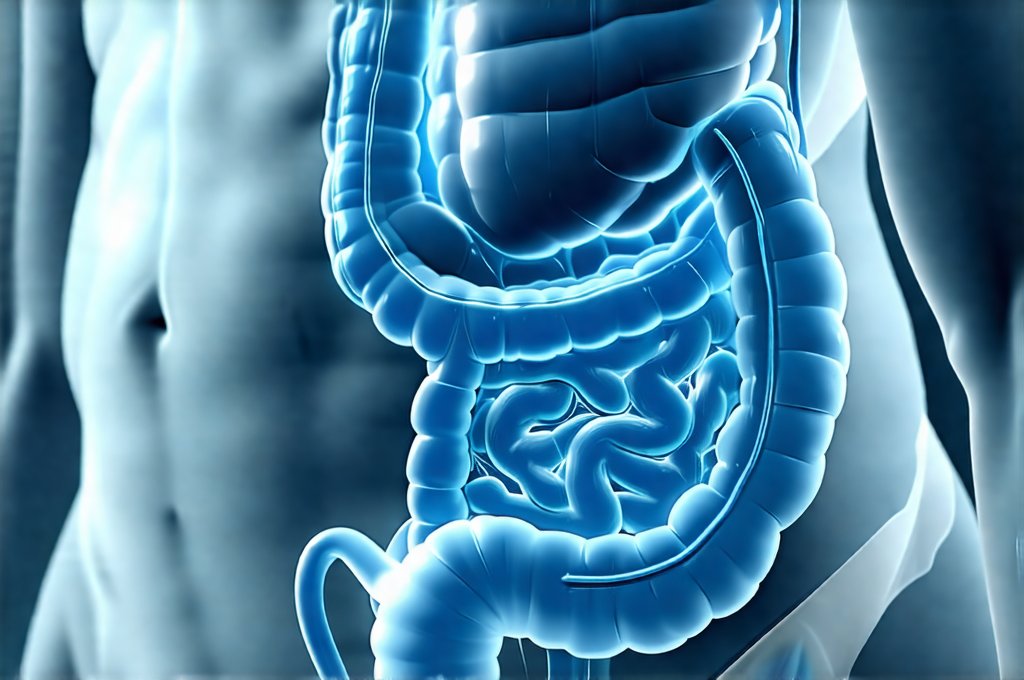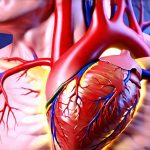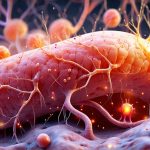The gut, often referred to as our “second brain,” is an incredibly complex ecosystem teeming with trillions of microorganisms – bacteria, archaea, fungi, viruses, and more. This intricate community plays a vital role in everything from digestion and nutrient absorption to immune function and even mental wellbeing. However, when the delicate balance within this ecosystem is disrupted, it can lead to uncomfortable symptoms like bloating, gas, abdominal pain, and that particularly distressing sensation of painful pressure. Often, at the heart of these issues lies fermentation, a natural process occurring in the gut, but one which, when excessive, can become problematic. Understanding why fermentation causes pressure requires delving into how our digestive system works, what fuels this fermentation, and how to potentially manage it.
Fermentation isn’t inherently bad; it’s a normal part of digestion, especially within the colon. However, the issue arises when undigested food particles reach the large intestine and become fuel for microbial overgrowth. This leads to an increase in gas production as bacteria break down these carbohydrates – and other compounds – creating hydrogen, methane, and carbon dioxide. While some gas is normal, excessive amounts can stretch the intestinal walls, leading to that uncomfortable feeling of pressure and bloating. It’s also important to remember that gut sensitivity varies greatly between individuals; what feels like mild discomfort for one person could be intensely painful for another. This difference in perception adds complexity to diagnosing and managing these symptoms. You might find more insight into this in why gut health plays a role in reflux.
The Role of Dietary Carbohydrates & Microbial Imbalance
The foundation of excessive fermentation often lies with the types of carbohydrates we consume. Certain carbohydrates are more readily digested and absorbed in the small intestine, leaving little behind for bacterial activity. Others, known as FODMAPs (Fermentable Oligosaccharides, Disaccharides, Monosaccharides And Polyols), are poorly absorbed and therefore reach the large intestine where they become prime fermentation fuel. Foods high in FODMAPs include onions, garlic, apples, wheat, beans, and dairy products containing lactose. It’s not necessarily that these foods are ‘bad,’ but rather that they can exacerbate symptoms in individuals prone to gut issues. Understanding the role of gut microbiome is key to understanding food sensitivities.
Beyond dietary choices, the composition of our gut microbiome itself plays a significant role. A diverse and balanced microbiome is generally associated with better digestion and reduced fermentation. However, factors like antibiotic use, chronic stress, poor diet, and illness can disrupt this balance, leading to an overgrowth of certain bacterial species – some of which are particularly adept at producing gas during fermentation. This imbalance creates a vicious cycle: increased fermentation leads to more symptoms, potentially altering dietary habits further (often restricting foods unnecessarily), and ultimately impacting the microbiome’s diversity.
The interplay between diet and microbial composition is crucial. A diet lacking in fiber can starve beneficial bacteria while providing ample fuel for less desirable species. Conversely, suddenly increasing fiber intake without allowing the gut microbiome to adapt can also lead to increased fermentation as the microbes struggle to process the sudden influx of complex carbohydrates. The key isn’t necessarily eliminating all fermentable carbohydrates but finding a balance that works for your individual system and supporting a healthy, diverse gut microbiome. Sometimes, gut trouble feels worse when you’re still.
Addressing Underlying Digestive Issues & Improving Motility
Often, painful pressure from fermentation isn’t solely about what you eat; it’s about how your digestive system processes food. Conditions like Small Intestinal Bacterial Overgrowth (SIBO), where excessive bacteria reside in the small intestine instead of the large, can significantly contribute to fermentation. In SIBO, carbohydrates are fermented prematurely – before reaching the colon – leading to increased gas production higher up in the digestive tract and potentially causing more severe symptoms. Diagnosing SIBO usually requires a breath test conducted under medical supervision.
Furthermore, gut motility – the speed at which food moves through your digestive system – is critical. Slowed gut motility (constipation) allows more time for fermentation to occur, as undigested food lingers in the colon. Conversely, rapid gut motility (diarrhea) may not allow sufficient time for proper digestion and nutrient absorption, potentially leading to imbalances further down the line. Improving gut motility often involves strategies like increasing fiber intake (gradually), staying adequately hydrated, regular exercise, and managing stress levels. Addressing these underlying digestive issues is often more effective than simply focusing on dietary restriction. You could also explore intestinal pressure as a factor in chronic heartburn.
Identifying & Managing Trigger Foods
Pinpointing trigger foods can be a challenging but essential step in reducing fermentation-related pressure. A common approach is an elimination diet, where you temporarily remove suspected food groups (like FODMAPs) and then reintroduce them one by one, carefully monitoring your symptoms. This requires patience and self-awareness to accurately identify which foods are contributing to your discomfort.
- Keep a detailed food diary: Record everything you eat and drink, along with any associated symptoms – timing, severity, and specific location of pain or pressure.
- Eliminate suspected triggers: Remove FODMAPs or other potential culprits (dairy, gluten, etc.) for 2-6 weeks.
- Reintroduce foods systematically: Introduce one food at a time, in small quantities, while continuing to monitor your symptoms. Wait several days before introducing another food.
It’s important to note that elimination diets are best done under the guidance of a registered dietitian or healthcare professional, as they can help ensure you’re still meeting your nutritional needs and avoid unnecessary restrictions. Remember that restriction should be temporary and focused on identifying sensitivities, not creating long-term dietary limitations.
The Role of Probiotics & Prebiotics
The gut microbiome is incredibly complex, and manipulating it requires a nuanced approach. Probiotics – live microorganisms found in fermented foods or supplements – can help restore balance to the gut flora, potentially reducing fermentation by outcompeting gas-producing bacteria. However, probiotics aren’t one-size-fits-all; different strains have different effects, and what works for one person may not work for another.
Prebiotics, on the other hand, are non-digestible fibers that serve as food for beneficial gut bacteria. While prebiotics can promote a healthy microbiome, they can also increase fermentation if the microbiome is already imbalanced. Therefore, introducing prebiotics should be done cautiously and gradually, ideally after addressing underlying digestive issues or SIBO. A balanced approach involves supporting both probiotics and prebiotics, but tailoring them to your individual gut needs.
Stress Management & The Gut-Brain Connection
The connection between the gut and brain is profound. Chronic stress can significantly disrupt digestion, alter gut motility, and negatively impact the microbiome, all of which contribute to increased fermentation and painful pressure. When stressed, our bodies release cortisol, a hormone that can slow down digestion, leading to constipation and allowing more time for food to ferment. Stress also influences the types of bacteria that thrive in our gut, often favoring those associated with inflammation and discomfort.
Strategies for managing stress are therefore crucial for alleviating fermentation-related symptoms:
– Mindfulness practices like meditation or yoga.
– Regular exercise.
– Adequate sleep.
– Spending time in nature.
– Seeking social support.
Prioritizing stress management isn’t just about mental wellbeing; it’s an integral part of supporting a healthy digestive system and reducing the uncomfortable symptoms associated with fermentation. Sometimes, finding humor can help navigate these challenges. Ultimately, addressing painful pressure from fermentation requires a holistic approach that considers diet, gut health, motility, and overall wellbeing. Also consider why acid reflux might be worse in the morning.


















